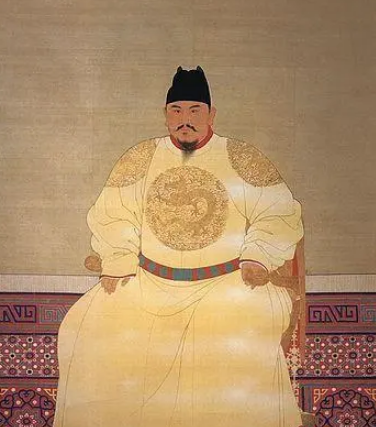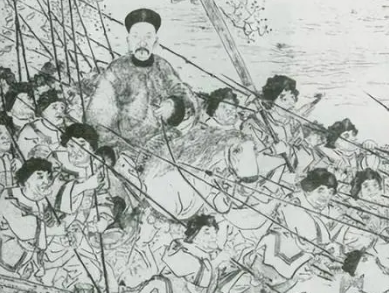In the history of ancient Chinese literature, there are many outstanding writers whose works have been handed down through the ages and become treasures of the Chinese nation. Today, we would like to introduce to you a writer from the Spring and Autumn Period, Zuo Qiuming. His story is filled with legendary color, and let us enter his world together and understand this great writer.

I. Zuo Qiuming's Life
Zuo Qiuming (around 502 BC - around 422 BC), surnamed Zuo, given name Qiuming, courtesy name Zichang, was a native of Bian in the State of Lu (present-day Sishui, Shandong). He was a disciple of Confucius and served as an official historian of the State of Lu, responsible for recording the history of Lu. After Confucius' death, Zuo Qiuming continued to devote himself to studying history and ultimately completed the great historical work "Zuo Zhuan".
II. Zuo Qiuming's Story of Writing Blindly
During the process of completing "Zuo Zhuan," Zuo Qiuming encountered an accident. According to historical records, he was writing in his study when suddenly a bolt of lightning streaked across the night sky, illuminating the entire room. Immediately after, a loud explosion rang out, and Zuo Qiuming was frightened and fell to the ground. When he regained consciousness, he found that his eyes had gone blind.
However, Zuo Qiuming did not become discouraged. He firmly believed that his mission was not yet complete, so he continued to devote himself to the creation of "Zuo Zhuan." He sought advice from blind people on how to read and write, learning to use Braille. Through unremitting efforts, Zuo Qiuming finally completed this great historical work.
III. Zuo Qiuming's Academic Achievements
1. "Zuo Zhuan": Zuo Qiuming's masterpiece, comprising a total of 30 volumes, records the history of various vassal states during the Spring and Autumn Period. Centered on the State of Lu, it showcases the political, economic, and cultural landscapes of the Spring and Autumn Period through detailed records of the history of various countries. "Zuo Zhuan" holds a pivotal position in the history of ancient historiography and is the first systematic historical work recording the history of the Spring and Autumn Period, providing valuable materials for later historical research.
2. Literary Creation: Zuo Qiuming was also an outstanding writer, whose literary works were rich and diverse, including poetry, prose, and odes. Among them, the most popular are "The Twenty-fifth Year of Duke Zhao" and "The Twenty-fourth Year of Duke Xi" in "Zuo Zhuan," both narrative prose works created by Zuo Qiuming based on the history of the State of Lu, with high literary value.
IV. Conclusion
Zuo Qiuming was an outstanding historian of the Spring and Autumn Period, who devoted his entire life to historical records and literary creation. His representative work "Zuo Zhuan" and his participation in compiling "Guo Yu" have become treasures of ancient Chinese historiography and literature. His academic achievements and literary talents have made him a representative figure of historians in the Spring and Autumn Period, leaving a precious cultural legacy for future generations. Let us pay tribute to this great historian and inherit his excellent qualities and wisdom.
Disclaimer: The above content is sourced from the internet and the copyright belongs to the original author. If there is any infringement of your original copyright, please inform us and we will delete the relevant content as soon as possible.































